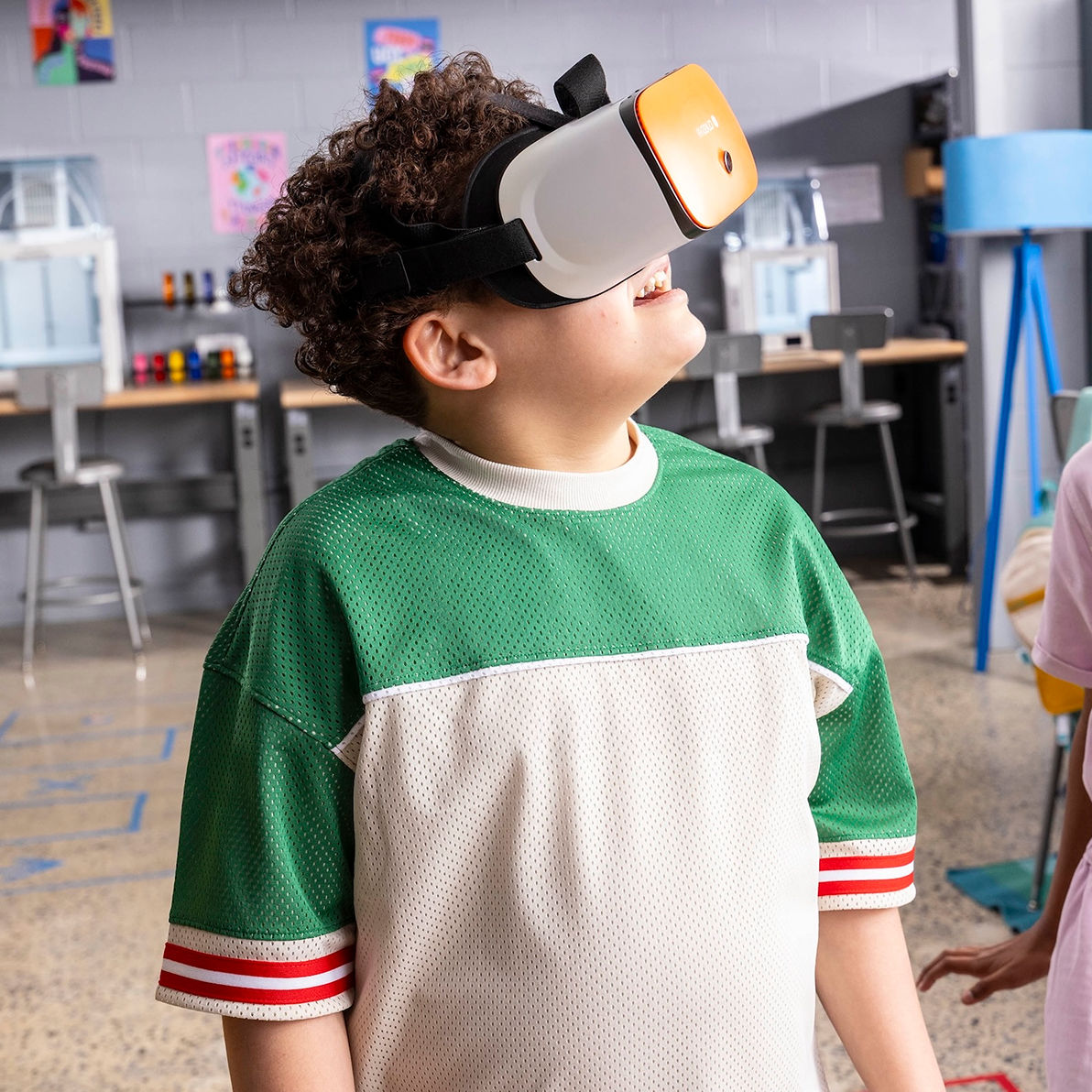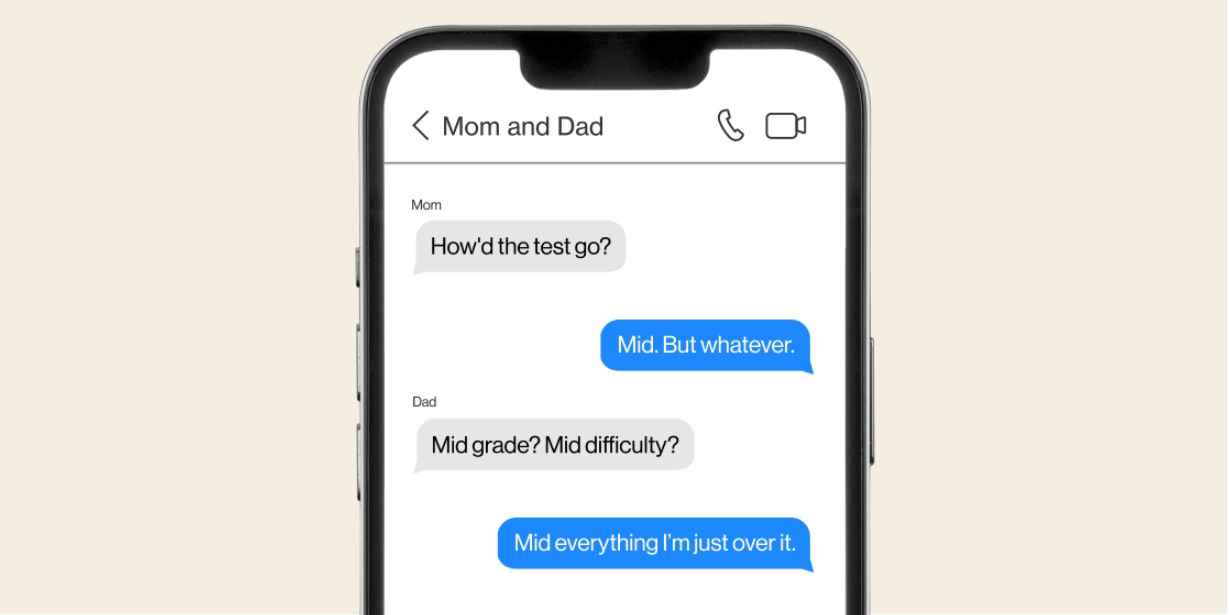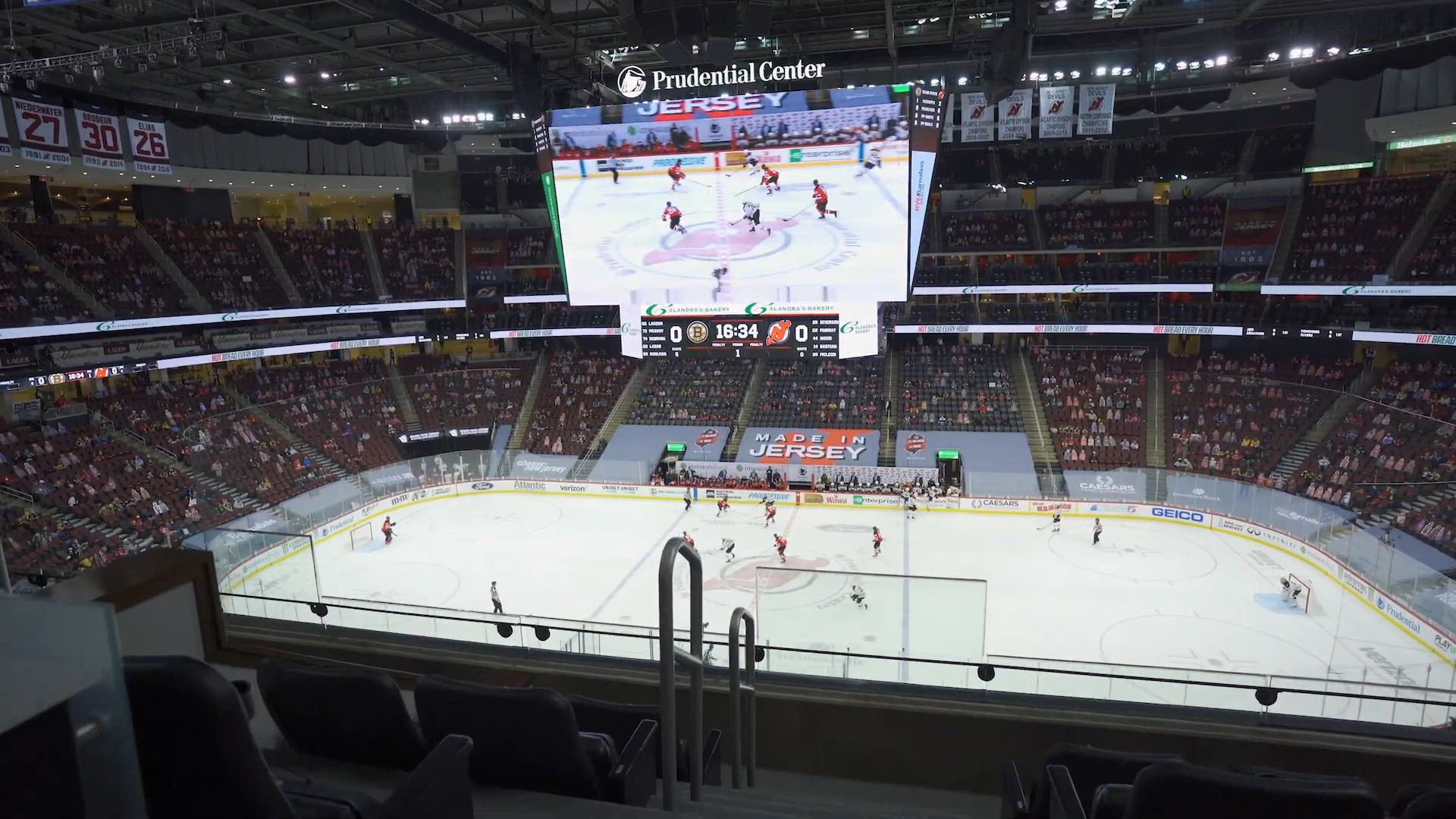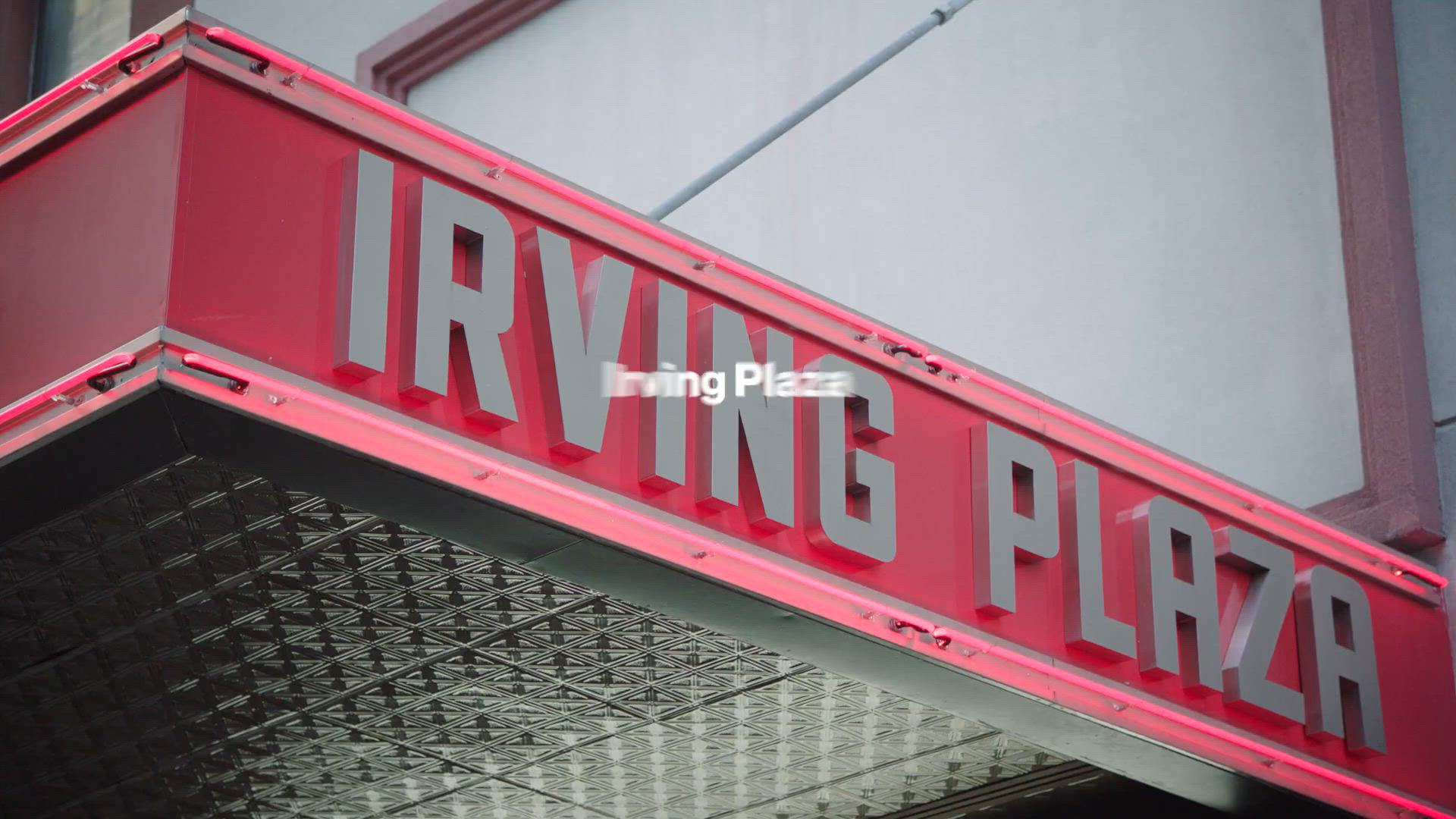Accessibility Resource Center
Skip to main content
end of navigation menu
Catch up on the latest
Careers
Work with purpose Find success
We’re engineers, innovators, customer champions and so much more. Be part of a team that delivers the latest and greatest, every single day.



Investors
Deliver strong results
Not many companies can transform their businesses in a time of accelerating change, but we have and will continue to do so.
$1.17
diluted earnings
reported per share
$28.0 billion
net cash
provided by operating activities in the 9 months ended September 30, 2025
$0.69
quarterly dividends
per share
$134.8 billion
revenue
generated in 2024
Responsible Business
Empowering communities
Through its people, technology, and partners Verizon is helping everyone thrive in a digital world.

Innovation
Network Technologies







